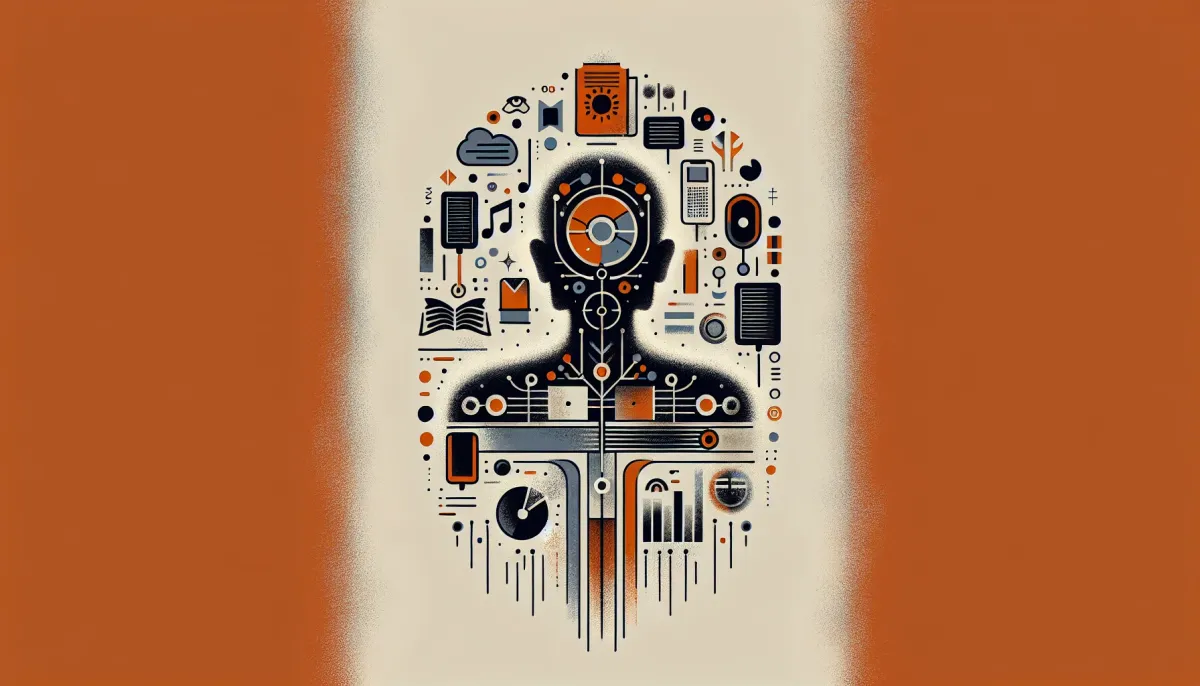Study Reveals AI-Generated Poems Preferred Over Human-Written Verses by Non-Expert Readers

A recent study shows that people actually prefer poems generated by artificial intelligence over those written by humans. Isn’t that interesting? Non-expert poetry readers in the study found AI poems more relatable and easier to understand.
The researchers at the University of Pittsburgh conducted this study. They showed participants poems from ten well-known English poets and paired them with poems created by ChatGPT 3.5 in the style of those poets. The poets included names like Geoffrey Chaucer, William Shakespeare, and Emily Dickinson.
Here’s the surprising part: participants were about 75% more likely to think an AI-generated poem was written by a human compared to actual human poems. Even more striking, they rated the AI poems higher in overall quality!
The authors of the study believe that non-expert readers prefer AI-generated poems because they are straightforward and accessible. Human poetry can often be complex and hard to decode. While that complexity can be appealing, it also makes it less approachable for some readers.
AI poems, on the other hand, communicate emotions and themes clearly. This clarity resonates with readers who might not have the time or interest to dive deep into more intricate human poetry.
Poet Joelle Taylor, who won the TS Eliot prize for her collection, shared her thoughts on the study. She expressed skepticism about the idea that AI can create better poetry. To her, poetry is about more than just patterns or algorithms. It involves meaning, empathy, and surprise. She questions whether poetry is just about rhymes or if it’s something deeper and more profound.
Additionally, she pointed out that the AI’s training samples mostly come from older works by white male writers. This raises concerns that AI might only reflect a narrow view of what poetry truly is.
In conclusion, the study suggests that readers often struggle to identify machine-generated texts. It raises important questions about trust in AI and its ability to replicate human experiences. The authors recommend that governments consider regulations focusing on AI transparency. It’s a conversation worth having.
